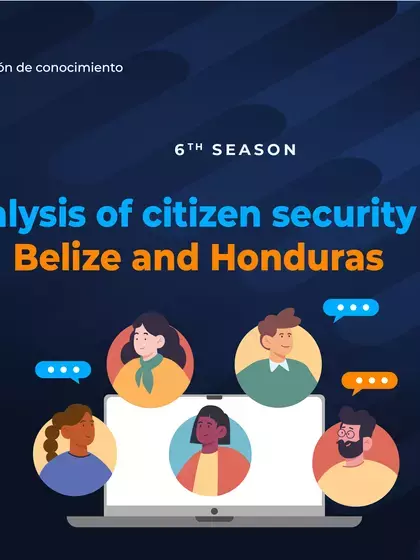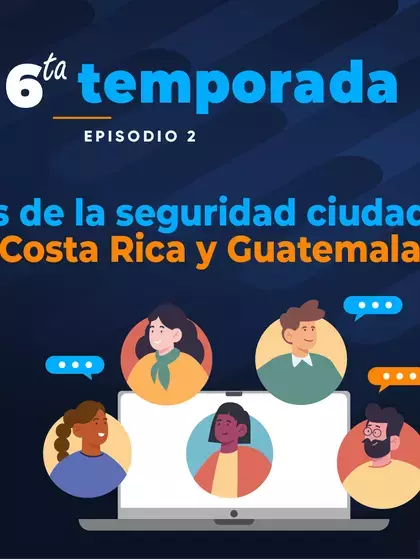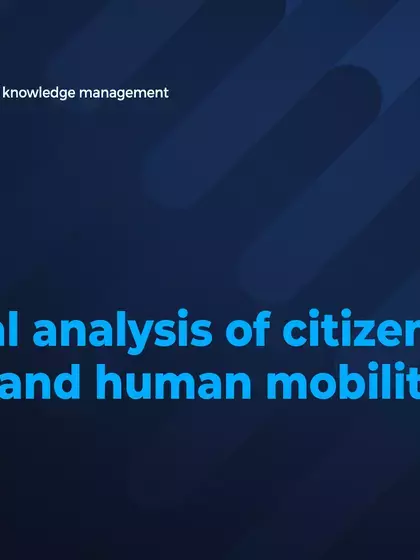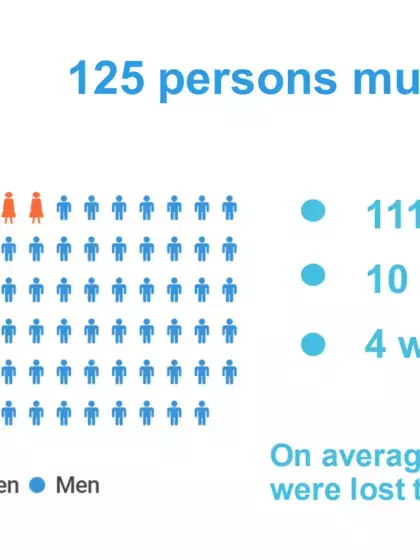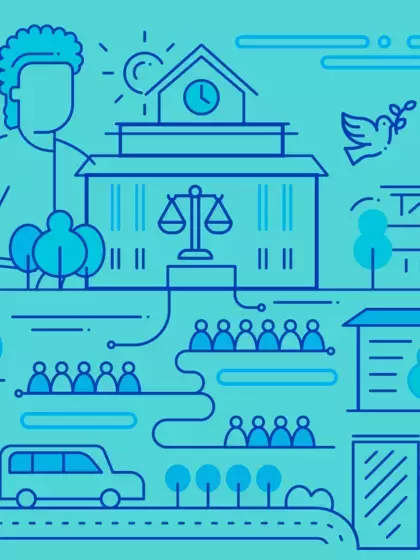DATACTION: Gender-Sensitive Analysis of Citizen Security in Costa Rica
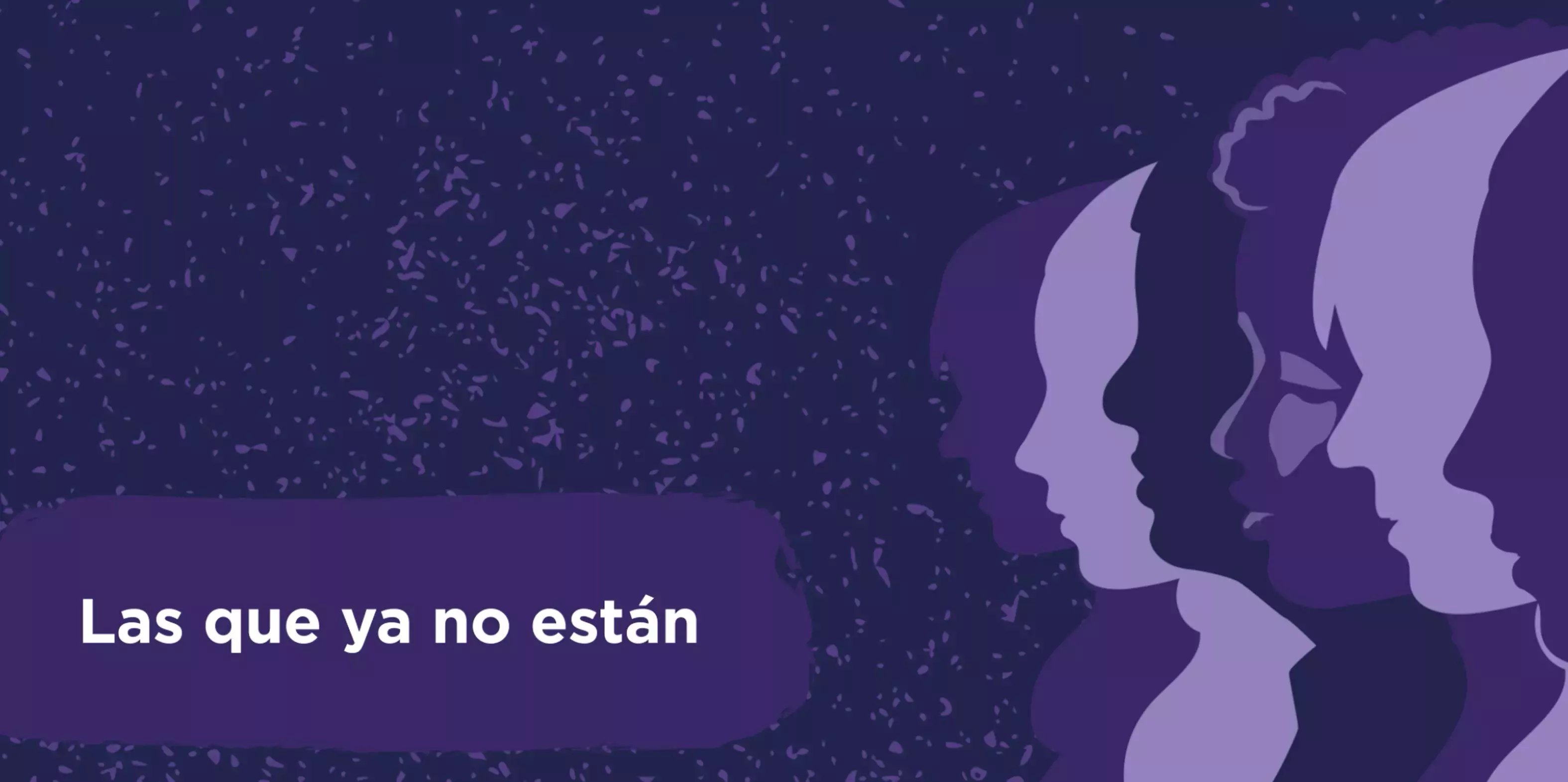
On June 9, 2022, season five, episode three of DATACTION, the digital community of practice led by the InfoSegura Regional Project, in collaboration with the United States Agency for International Development (USAID), took place. This episode covered a gender-sensitive analysis of citizen security in Costa Rica for 2021, with participation of José Vicente Troya, Resident Representative of UNDP Costa Rica, Karol Sanchez, Information Analyst of the InfoSegura Regional Project, Randall Brenes, Human Development and Governance Officer at UNDP Costa Rica, and Marcela Smutt, Coordinator of Infosegura Regional Project.
"We recognize that these permanent exercises of analysis of the different national and local realities are important for our offices and partners, but we are especially pleased that UNDP InfoSegura supports our work with our partners in Costa Rica, to offer more precise public policy guidelines, because, in the long run, the collective effort translates into better conditions and opportunities for the country we serve," said Vicente Troya.
For her part, Karol Sanchez, who presented an Analysis of Citizen Security in Costa Rica 2021, stated: "Unfortunately, registered femicides take place at all ages. The ages of these 18 victims range from 14 to 58 years old, but the highest proportion is between the ages of 15 and 29. Have half of the victims are there. There were nine women between 15 and 29 years old who died the previous year by femicide. Of these victims, 10 were mothers, 22 were orphans and, out of these 22 people, 15 were minors." She added that, of the total number of violent deaths registered for women in 2021, 18 have been categorized as femicides, nine by the article of the Law of Criminalization of Violence against Women, and nine extended femicides, while 30 cases are still pending police report, expert report or definition for classification.
Since its inception, UNDP InfoSegura has developed tools and mechanisms to strengthen the technical and technological capacities of States and their national and local government institutions, promoting not only the adoption of instruments for better decision-making in this area, but also promoting a regional community of knowledge and practice. On this occasion, the UNDP InfoSegura team in Costa Rica presented its campaign "Those no longer here," an effort to raise awareness of the importance of preventing violence against women and girls.
"Another issue we have been focusing on, and that is of great concern, is violence against women. We have been working on the issue for many years, but from the beginning of the pandemic we warned about the potential growth of intra-family violence at that time, due to situations of social distancing and the concentration of family groups and relationships of trust, where this type of violence mainly occurs. We alerted them, the institutions responded, the InfoSegura Project provided fundamental support to develop strategies at that time, which we have already mentioned on other occasions, to work both on technical capacities for attention against violence against women, as well as prevention tools that would also work on the transformation of masculinities," mentioned Randall Brenes, in his presentation The importance of information management in public policy. The case of Costa Rica.
The region is on the right track, but we need to redouble our efforts, noted Marcela Smutt, Regional Coordinator of the UNDP InfoSegura Project. Strengthening administrative records, using supplementary information when conducting timely and high-quality analysis, different institutions coordinating responses, and having data with a greater level of disaggregation, are some of the challenges that still remain, and UNDP is working on and will continue to work on to improve.
For UNDP, citizen security involves the possibility of protecting physical and moral integrity of individuals, individual and collective achievement, the full exercise of duties and rights and enjoying individual freedoms. Citizen security is therefore a public good, a right people have and a condition for human development.

